UN Security Council urges two-state solution to Israeli-Palestinian conflict
The United Nations Security Council (UNSC) has renewed the call for a two-state solution to the Israeli-Palestinian conflict weeks after the United States unveiled a “peace” plan that runs counter to such a solution and the entire international law.
All 15 Security Council member states approved a Belgium-drafted statement on Monday that urged all parties to adhere to the two-state bid.
“Council Members reiterated their support for a negotiated two-state solution, recalling previous relevant UN resolutions, and in accordance with international law,” the statement read.
Security Council resolutions have in the past called for the two-state solution based on the 1967 boundaries.
UNSC Resolution 2334, adopted in December 2016, pronounced settlements in the West Bank and East Jerusalem al-Quds “a flagrant violation under international law and a major obstacle to the achievement of the two-State solution.”
“All parties should refrain from undermining the viability of the two-state solution in order to maintain the prospects for a just, comprehensive and lasting peace,” the Security Council statement added, referring to Israel’s recent settlement construction plan in the occupied Palestinian territories.
Elsewhere in its statement, the UNSC “stressed the need to exert collective efforts to launch credible negotiations on all final status issues” and expressed “grave concern about acts of violence against civilians.”
The statement followed two days of intense fighting between Israel and the Palestinian Islamic Jihad movement in the Gaza Strip, which ended with a ceasefire on Tuesday.
Violence has surged in the occupied lands following the release of US President Donald Trump’s self-proclaimed “deal of the century,” which his administration has drafted in close cooperation with the Israeli side.
The scheme largely meets Israel’s demands while creating a Palestinian state with limited control over its own security and borders.
The so-called ‘Vision for Peace’ — which all Palestinian groups have unanimously rejected — bars Palestinian refugees from returning to their homeland while enshrines Jerusalem al-Quds as “Israel’s undivided capital” and allows the regime to annex settlements and the Jordan Valley.
Any confrontation with Iran will teach Trump a harsh lesson: Top general
VIDEO | Iran's Shahr-e Sukhteh: Uncovering 6000-year-old Bronze Age civilization
VIDEO | Massive pro-Palestine rally in Paris calls for sanctions on Israel
Any Iran–US deal must deliver ‘economic benefits’ for Washington: Official
VIDEO | Political pressure and Trump’s peace options
Iran’s uneven fight against US-led financial firewall
Iran joins club of countries with 110 advanced cell therapy products
Zelensky seeks 20-year US guarantee to ink Ukraine-Russia peace deal


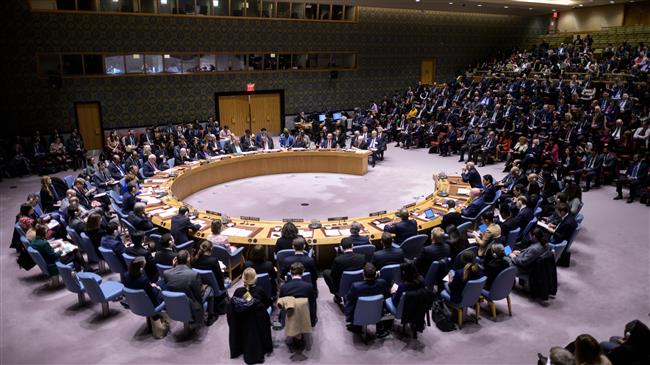

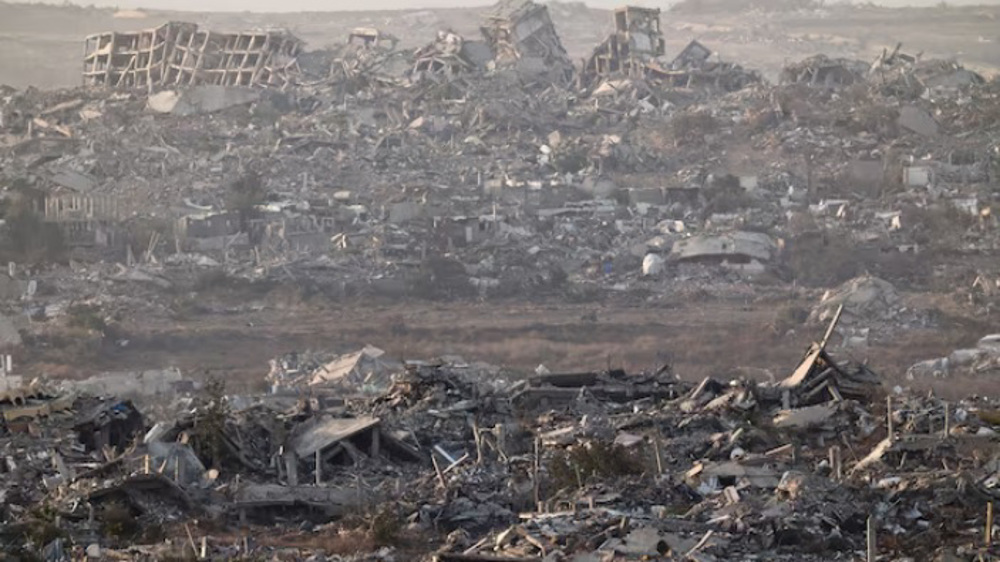
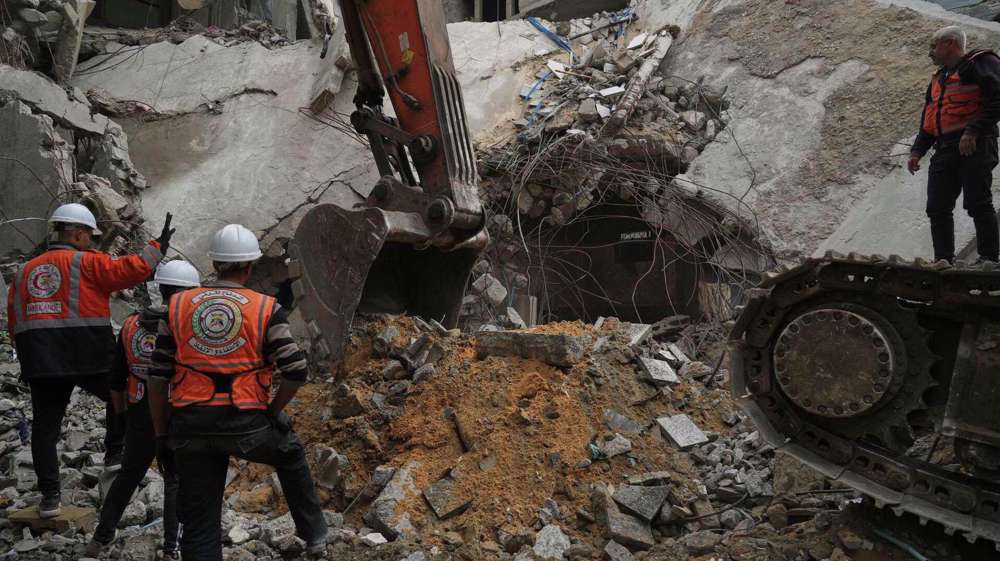
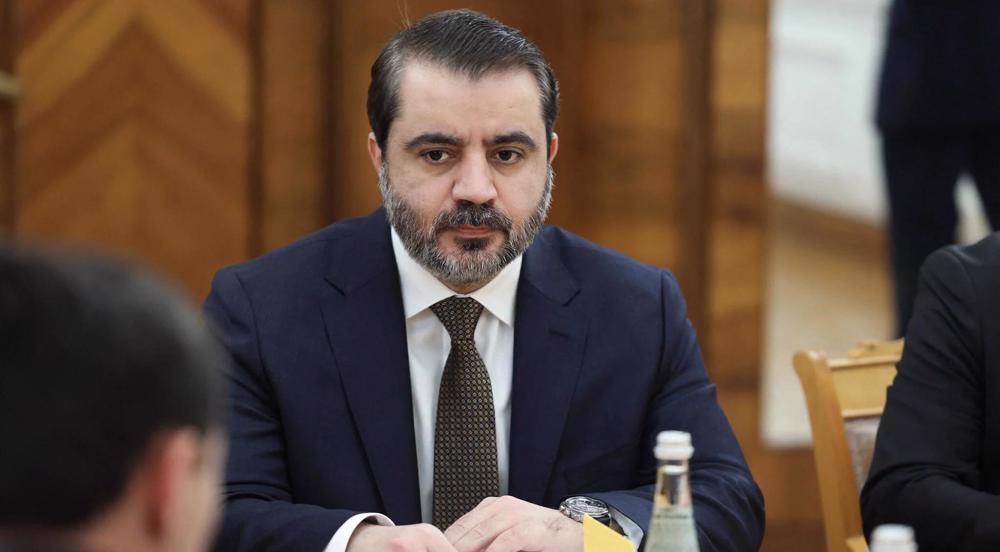



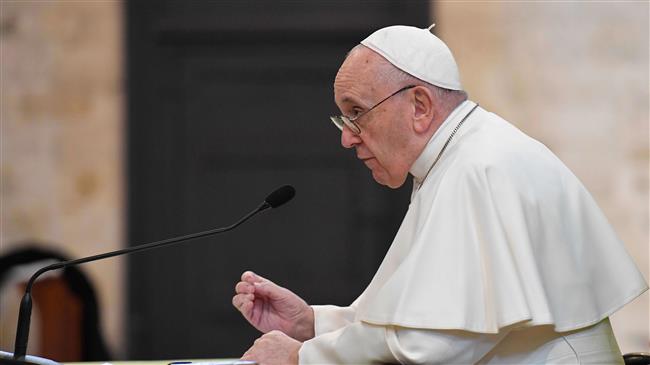
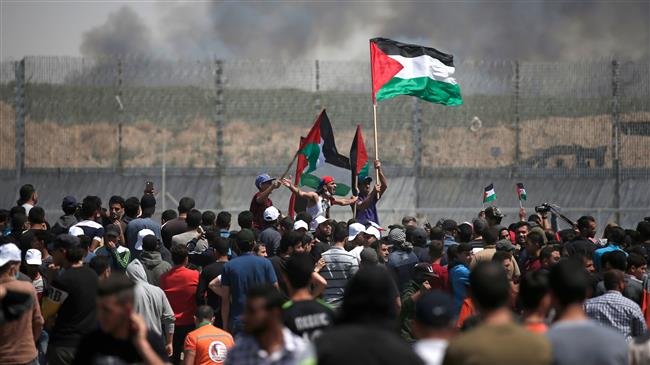
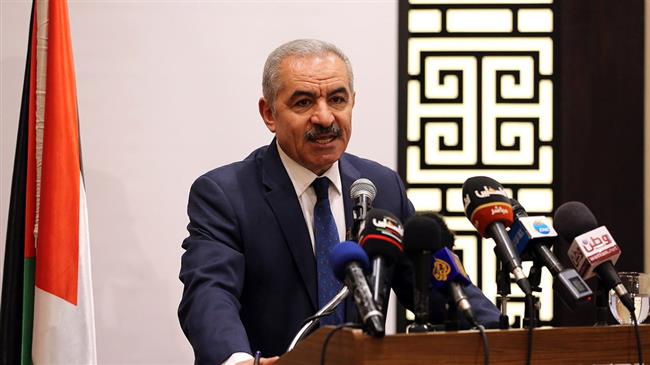
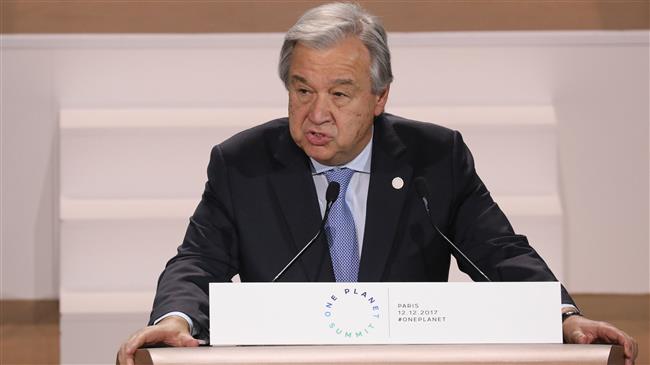
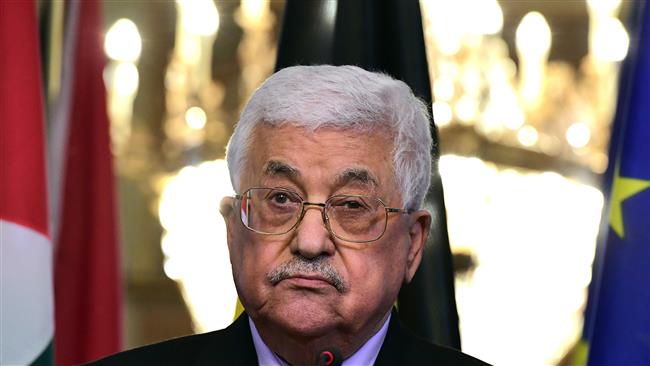

 This makes it easy to access the Press TV website
This makes it easy to access the Press TV website